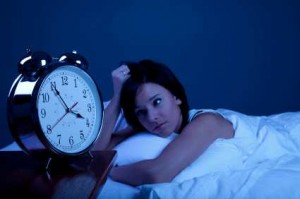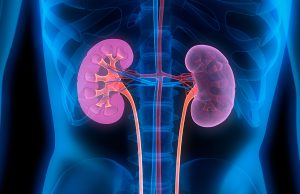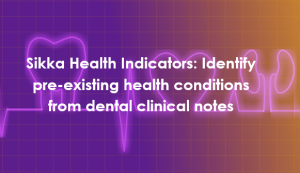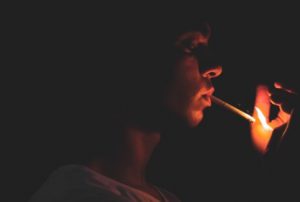 On Sunday, November 1st, we will “fall back” as daylight savings time comes to an end, and people across the country set their clocks back one hour and gain an hour of sleep. Nights get darker earlier, but are you getting enough sleep to match the longer nights?
On Sunday, November 1st, we will “fall back” as daylight savings time comes to an end, and people across the country set their clocks back one hour and gain an hour of sleep. Nights get darker earlier, but are you getting enough sleep to match the longer nights?
Currently, 40 million Americans suffer from chronic, long-term sleep disorders every year, with 20 million Americans experiencing occasional sleeping problems.[i] But a lack of sleep is just the tip of the iceberg—often sleep disorders are linked to insomnia and other various health conditions. Insomnia itself has a number of causes prevalent in many Americans:[ii]
- Sleep Apnea or other sleeping disorders
- Eating/drinking habits
- Restless leg syndrome
- Depression
- Shift working
- Frequent flyers
- Medical illnesses causing pain
Additionally, long-term effects of sleep deprivation can contribute to the onset of high blood pressure, cardiovascular disease, stroke, obesity, cancer and psychiatric disorders such as depression. While a single laboratory test cannot detect if an applicant is lacking sleep, using standard testing can help identify some of the above health conditions – encouraging the applicant to assess their lifestyle habits. Incorporating Hemoglobin A1c into your testing profile can help identify hidden diabetes or pre-diabetes and screening older ages with NT-proBNP can highlight risk for congestive heart failure or other coronary diseases.
Some of these can’t be controlled through medication, but it is important to create healthy sleeping habits if possible. If you struggle with insomnia or getting a good night’s sleep on a regular basis, there are options to help you. The National Sleep Foundation recommends taking the following steps[iii] to ensure a good night’s sleep:
- Keep a consistent sleep schedule — waking up and going to bed at the same times
- Practice a relaxing bedtime ritual
- Avoid naps, especially in the afternoon
- Exercise daily
- Make your room an ideal sleeping environment.
- Sleep on a comfortable mattress and pillows
- Use light to help manage circadian rhythms –avoid bright light in the evenings and expose yourself to sunlight in the morning
- Avoid alcohol, heavy meals, and cigarettes in the evening
- Spend the last hour before bed doing a calm activity, and avoid electronics before sleeping
- If you do have insomnia, go into a different room and do something relaxing until you feel drowsy
So as you set your clocks back on November 1, use it as a reminder to assess your lifestyle and sleeping habits to ensure you are getting the best sleep you can for a productive day!
[i] http://www.ninds.nih.gov/disorders/brain_basics/understanding_sleep.htm
[ii] https://sleepfoundation.org/insomnia/content/what-causes-insomnia
[iii] https://sleepfoundation.org/sleep-tools-tips/healthy-sleep-tips




















Currently, 40 million Americans suffer from chronic, long-term sleep disorders every year, with 20 million Americans experiencing occasional sleeping problems.[i] But a lack of sleep is just the tip of the iceberg—often sleep disorders are linked to insomnia and other various health conditions. Insomnia itself has a number of causes prevalent in many Americans:[ii]
Additionally, long-term effects of sleep deprivation can contribute to the onset of high blood pressure, cardiovascular disease, stroke, obesity, cancer and psychiatric disorders such as depression. While a single laboratory test cannot detect if an applicant is lacking sleep, using standard testing can help identify some of the above health conditions – encouraging the applicant to assess their lifestyle habits. Incorporating Hemoglobin A1c into your testing profile can help identify hidden diabetes or pre-diabetes and screening older ages with NT-proBNP can highlight risk for congestive heart failure or other coronary diseases.
Some of these can’t be controlled through medication, but it is important to create healthy sleeping habits if possible. If you struggle with insomnia or getting a good night’s sleep on a regular basis, there are options to help you. The National Sleep Foundation recommends taking the following steps[iii] to ensure a good night’s sleep:
So as you set your clocks back on November 1, use it as a reminder to assess your lifestyle and sleeping habits to ensure you are getting the best sleep you can for a productive day!
[i] http://www.ninds.nih.gov/disorders/brain_basics/understanding_sleep.htm
[ii] https://sleepfoundation.org/insomnia/content/what-causes-insomnia
[iii] https://sleepfoundation.org/sleep-tools-tips/healthy-sleep-tips